Filmmaker 5 with Andreas Kessler: NAKAM
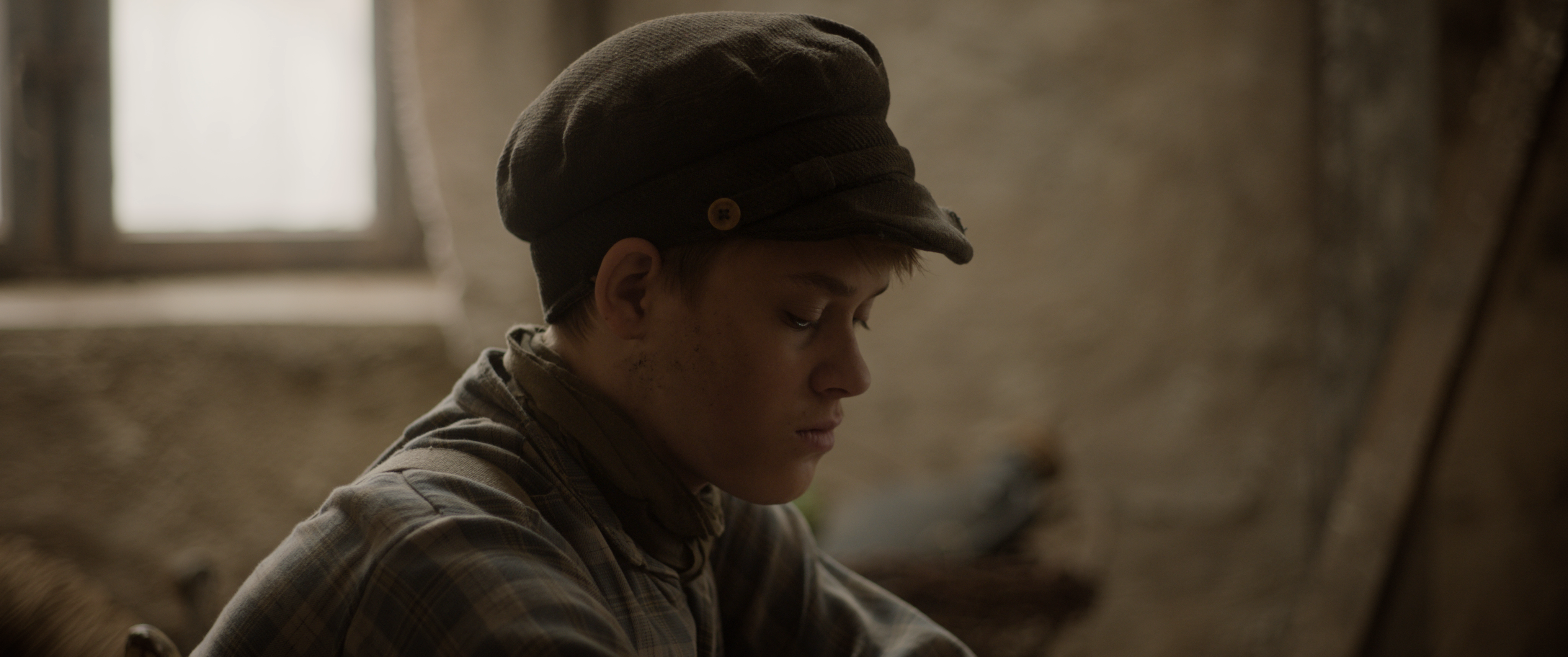
During WWII the Nazis invaded Belarus, rounding up Jews for deportation to concentration camps. Twelve-year-old violin prodigy Modechai “Motele” Schlein managed to hide as his father, mother, and sister were arrested and sent to Auschwitz. On his own, Motele encountered a partisan group actively working to attack Nazi units in occupied-Belarus and Ukraine with the help of allied forces. A pivotal story in young Motele’s life is told in Andreas Kessler’s short film NAKAM.
NAKAM depicts the story of violinist Mitka who plays for Nazi soldiers in a Ukrainian restaurant with his friend and teacher pianist Yegor. Mitka keeps his role in a Jewish partisan movement secret and plots to take revenge, nakam in Hebrew. An opportunity arises to execute an attack on SS officers in the restaurant, and Mitka has to choose between friendship and cause.
NAKAM shows the extremes Jews had to go to during the Holocaust to save themselves. Set in Ukraine in a time of war, this timely short film has qualified to be considered for the 95th Academy® awards.
As 2023 Oscar qualifying winds down, Classic Couple Academy asked NAKAM director Andreas Kessler about the film.
Classic Couple Academy Update: NAKAM is one of 15 films advancing in the Live Action Short Film category for the 95th Academy Awards.
Filmmaker 5.1: What about Motele Schlein inspired you to tell his story in NAKAM? How did you collaborate with writer Fabien Virayie to craft the film?
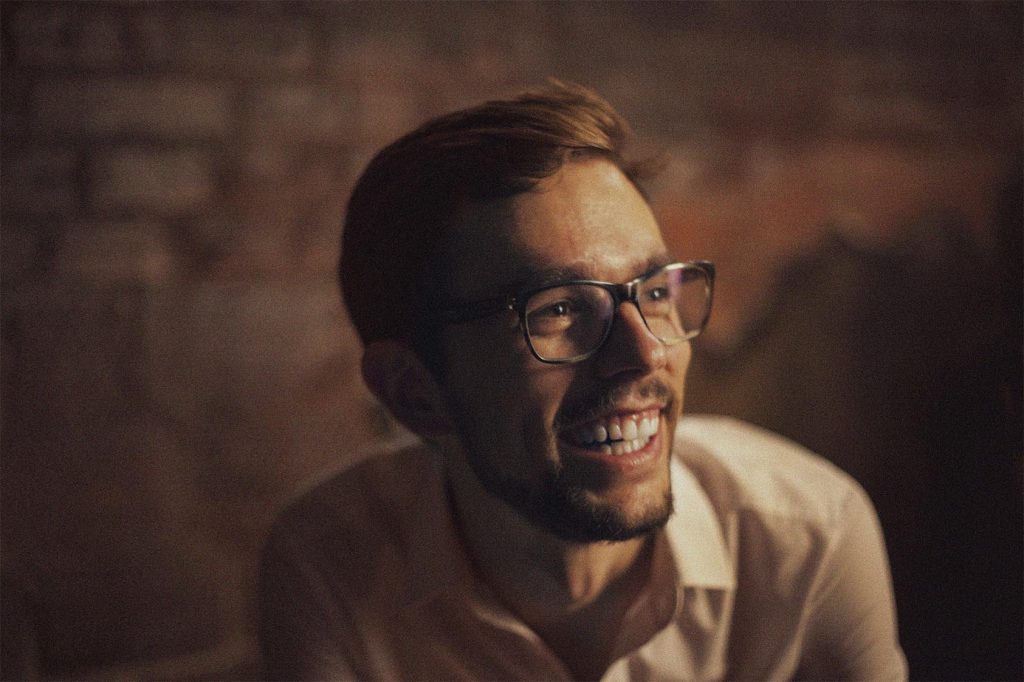
Photo Credit: Unid Lee
When I first heard about the story from Motele Schlein and realised that his violin still exists today I felt immediately drawn to it. On the one hand, I thought it was very touching to tell this story from the perspective of a young boy who plays the violin and who gets the opportunity to take revenge on the people who harmed him the most. And on the other hand, I knew I wanted to tell this story in a way so it wouldn’t just be about revenge. I wanted to tell the story that once you get to know a place you also get to know the people there and you might eventually build up a relationship.
In NAKAM Mitka starts building a relationship with the pianist in the restaurant. He would have to sacrifice him if he wants to execute the attack on the Nazis in the restaurant. I thought that this would be a very touching but also realistic conflict in this situation.
When this was set up I started working with writer Fabien Virayie on the script of the film. First, we did a lot of research and contacted different kinds of people with diverse Ukrainian and Jewish backgrounds. After that, we continued working on the story and Fabien wrote the script. It was a very interesting process to combine it with all the research we had done and craft the story.
Filmmaker 5.2: What source material and inspiration did you rely on to convey authenticity of time, place, and people in this film?
We contacted different kinds of museums, watched films from that time and got a very sobering impression. The brutality of that time and the way the Nazis treated different nations – in this case, Ukrainian Jews was shocking. So we wanted to tell a story that would convey this brutality but also shows a young boy who tries to preserve his only friend Yegor from being a victim of his attack.
When we got closer to shooting the film we also made a wonderful discovery. The assistant director Marina Gerber joined the crew. She is Ukrainian and she told us that some of her ancestors were partisans as well who were active in the same region in Ukraine as Motele Schlein. They could even have met.
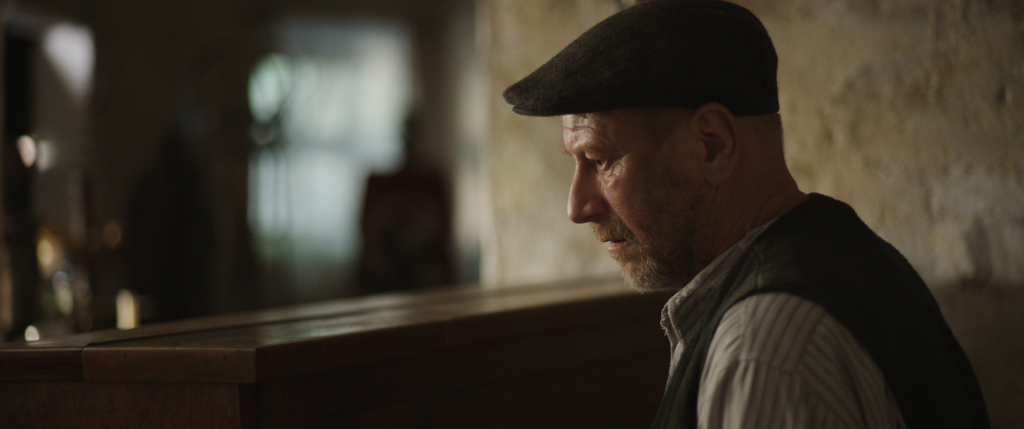
Filmmaker 5.3: Young actor Anton Krymskiy delivers a powerful performance in the lead role of Mitka. As director, how did you work with him to achieve a common vision for his portrayal?
When Anton Krymskiy came to the casting I felt that he combined different aspects for the role of Mitka, which I was fascinated with. On the one hand, he had this ability to show the struggles and conflicts Mitka goes through through his facial expression very precisely. And on the other hand, he had power and an irrepressible will to show that he wants to take revenge and fight for his rights. So I felt that he would be able to portray young Mitka who both shows a huge empathy towards the pianist Yegor and wants to fight against the oppressing power – the Nazis. The fact that he came to the casting on his own and told me that not only he knew a lot about WW2 history but also wants to learn to play the violin for this role ensured my feeling that he will be able to interpret this complex role.
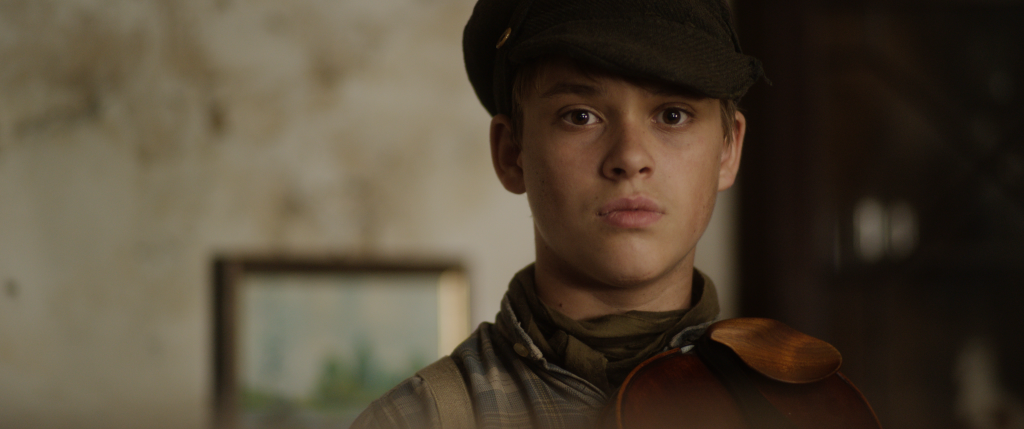
Filmmaker 5.4: You’re an accomplished maker of short film—and now NAKAM is Oscar qualified. What are the biggest challenges and greatest opportunities short films present to you as a filmmaker?
I believe that with a short film you can show how you would interpret a story and what your work looks like. In NAKAM our goal was to create a touching and tense story. Now, we are more than happy that our film got some wonderful feedback and qualifies for the Oscars. I think with short films you can already get your work out there and find opportunities to get other people interested in it and maybe find even more support for the next project.
Personally, it was a very exciting challenge to create a film which is 33 minutes long since this means that you have to work for a longer period of time on it. You also have to create a story which would be larger in scale compared to a short film with a regular length. All in all, it still is a great experience to talk about NAKAM and see how it is received by audiences now.
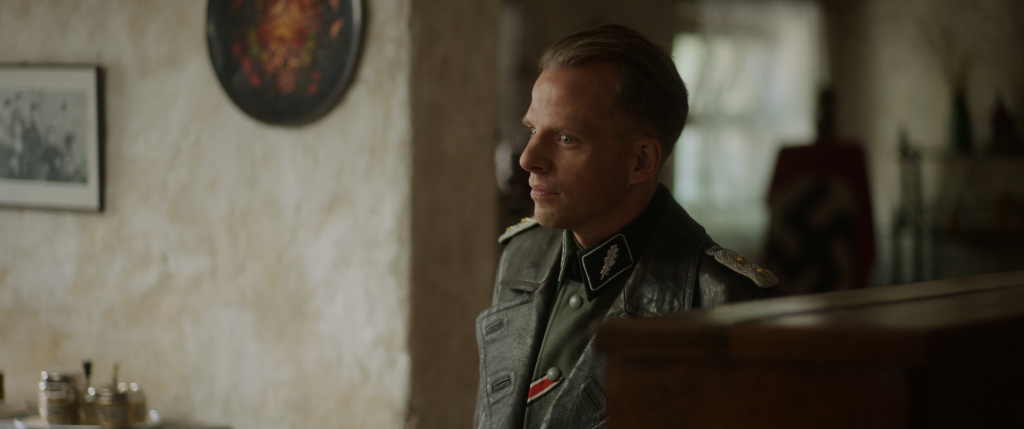
Filmmaker 5.5: NAKAM as a story of Ukrainian suffering in wartime is sadly prescient. What do you hope audiences take away from experiencing this film?
I hope people understand that in war there are no winners. Violence always creates more violence. War creates horrible conflicts people have to go through.
When I started making NAKAM I knew I wanted to show this complex situation and create an understanding for the young boy, but also for the partisans who want to not hesitate on the objective. I want to create empathy for the people who suffer most during the war: children. And show that they can’t have a childhood because they often have to take decisions even adults wouldn’t want to take.
So this film should make audiences never forget what happened during WW2 when the Nazis were occupying Ukraine and all the other countries. The fact that this is not even a century ago makes it even more shocking to see that there is already another war taking place again in Ukraine. A war that should be stopped as soon as possible.
